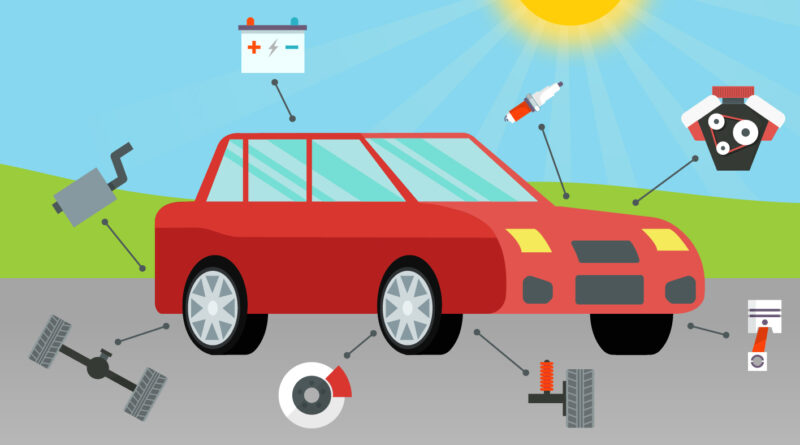What is Vehicle Checks: Ensuring Safety and Reliability
From inspecting key components to verifying documentation, a comprehensive vehicle check covers various aspects to help you make informed decisions and keep your vehicle in top condition. Whether you’re buying a used car, planning a long road trip, or simply maintaining your vehicle’s condition, performing a thorough vehicle check is essential for ensuring safety, reliability, and peace of mind.
Why Perform a Vehicle Check?
Performing a vehicle check serves several purposes, including:
- Safety Assurance: Identifying potential safety hazards or mechanical issues that could compromise the vehicle’s operation on the road.
- Reliability: Ensuring that the vehicle is in good working condition and unlikely to experience breakdowns or failures during use.
- Legal Compliance: Verifying that the vehicle meets legal requirements for registration, roadworthiness, and emissions standards.
- Financial Protection: Avoiding unexpected repair costs or purchasing a vehicle with hidden defects that could lead to expensive repairs.
Components of a Vehicle Check
A comprehensive vehicle check typically includes the following components:
- Documentation Review:
- Verify the vehicle’s registration documents, service history, and MOT certificate (if applicable) to ensure legal compliance and maintenance records.
- Exterior Inspection:
- Check the vehicle’s exterior for signs of damage, corrosion, or irregularities. Inspect the bodywork, paint condition, lights, mirrors, and windshield for any visible defects or issues.
- Interior Examination:
- Inspect the interior of the vehicle, including the seats, dashboard, controls, and instrumentation, for cleanliness, functionality, and signs of wear or damage.
- Mechanical Assessment:
- Conduct a thorough inspection of the engine, transmission, brakes, suspension, steering, and exhaust system for leaks, noises, vibrations, or other abnormalities.
- Electrical System Check:
- Test the vehicle’s electrical system, including the battery, alternator, starter motor, lights, indicators, horn, and audio/infotainment system, for proper operation.
- Fluid Levels Inspection:
- Check the levels and condition of essential fluids, such as engine oil, coolant, brake fluid, power steering fluid, and windshield washer fluid, and top up or replace as necessary.
- Tire Examination:
- Inspect the tires for adequate tread depth, even wear, sidewall damage, and proper inflation pressure. Rotate the tires regularly and replace them when worn or damaged.
- Undercarriage Inspection:
- Examine the undercarriage of the vehicle for signs of rust, corrosion, fluid leaks, or damage to the chassis, exhaust system, and suspension components.
Importance of Regular Vehicle Checks
Regular vehicle checks are essential for maintaining the safety, reliability, and longevity of your vehicle. By identifying potential issues early on and addressing them promptly, you can prevent more significant problems from developing and ensure optimal performance on the road. Additionally, regular maintenance and inspections can help extend the lifespan of your vehicle, reduce repair costs, and enhance its resale value.
Conclusion
Performing a thorough vehicle check is a crucial aspect of vehicle ownership, whether you’re buying, selling, or simply maintaining your vehicle. By examining key components, verifying documentation, and addressing any issues promptly, you can ensure the safety, reliability, and longevity of your vehicle. Whether you’re a seasoned car enthusiast or a novice driver, incorporating regular vehicle checks into your maintenance routine is essential for keeping your vehicle in top condition and enjoying a smooth and trouble-free driving experience. Lexus response to security.
Buying a used VW. Buying used vauxhall, BMW, Jaguar, Ford, Volvo, Range rover, Bentley, Aston Martin, Porsche, Ferrari, Lamborghini, Maserati, Hyundai, Tesla, Honda, Pagani

